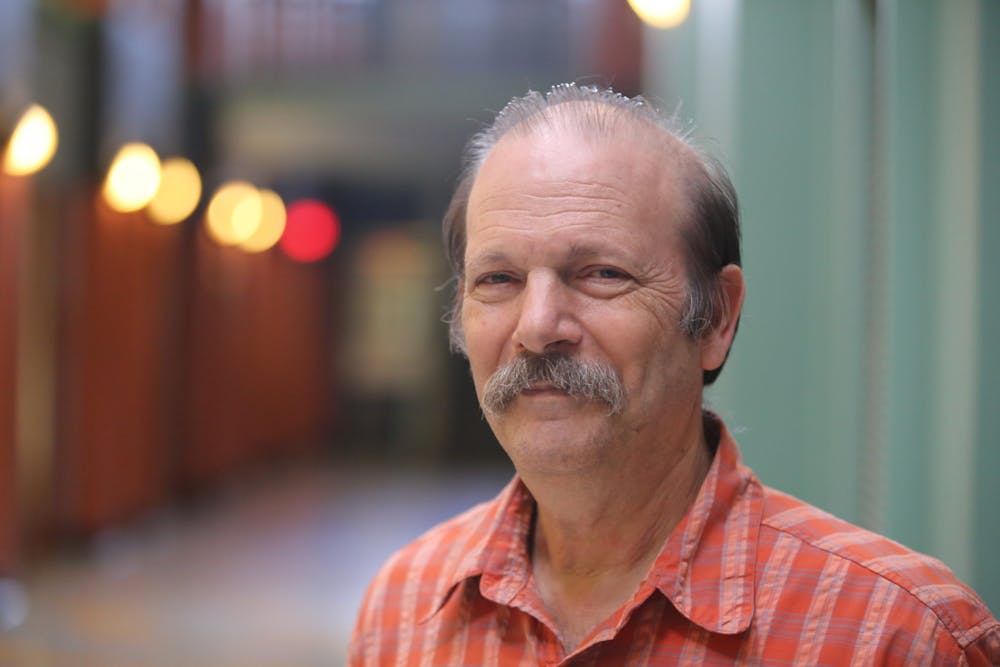Universities should support the public good

Editor’s Note: This is a guest opinion that has been submitted by a member of the Rice community. The views expressed in this opinion are those of the author and do not necessarily represent or reflect the views of the Thresher or its editorial board. All guest opinions are fact-checked to the best of our ability and edited for clarity and conciseness by Thresher editors.
What is the purpose of universities, in general, and Rice University, in particular? This is a subject of much debate these days. Let me first offer a disciplinary perspective. I am an active member of the Association for Computing Machinery, the oldest and largest professional society dedicated to computing. The Associations’ Code of Ethics and Professional Conduct states: “Computing professionals’ actions change the world. To act responsibly, they should reflect upon the wider impacts of their work, consistently supporting the public good.” So ethical computing has a responsibility to support the public good. Going back to the opening question, I believe that the core purpose of universities is to support the public good. What is the public good? My favorite definition was provided by Hammurabi almost 4,000 years ago: “to further the well-being of mankind.”
Let me offer some further historical background. In 2020, we celebrated the 75th anniversary of “Science, The Endless Frontier,” a highly influential report submitted in 1945 to President Truman by Vannevar Bush, an engineer and science administrator, who during World War II headed the U.S. Office of Scientific Research and Development. The report – which led to the establishment of the National Science Foundation – argued that scientific progress is essential to human progress – economic growth, healthcare, and national defense. Bush argued that this essential, new knowledge can be obtained only through basic scientific research. He concluded that it is the role of the Federal Government to support the advancement of science. His philosophy can be summarized in one phrase: “Science for the public good.”
Bush’s 1945 vision was revisited in 2020 in an article “Science Institutions for a Complex, Fast-Paced World,” by Marcia McNutt, president of the National Academy of Sciences, and Michael M. Crow, president of Arizona State University. McNutt and Crow noted that, in the past 75 years, societal challenges—from nuclear proliferation to climate change to wealth concentration to social media’s impact on expertise and truth—”that have resulted, at least in part, from society’s application of scientific advances, are now subjects that science itself must directly help to solve.” They concluded that the institutions that carried out much of the scientific progress over the past 75 years must reassess their mission and be committed not only to advancing scientific knowledge, but also to addressing the societal problems that technology, driven by scientific knowledge, has created. In other words, focus on the public good, but in a broader sense.
Rice’s Mission Statement declares Rice’s mission to be: “path-breaking research, unsurpassed teaching, and contribution to the betterment of our world”. I like this mission, but I’d have modified it slightly: “path-breaking research and unsurpassed teaching for betterment of our world”. Betterment of the world, that is, contributing to the public good, must be the ultimate mission of Rice, I believe. In fact, even the branding phrase “unconventional wisdom”, is part of a longer statement: “Rice is a community… who believe that improving the world demands more than bold thought and brave action. It takes unconventional wisdom.” Improving the world is the goal; unconventional wisdom is the means. My choice for Rice’s branding phrase is “Research and education for the public good”. But I have yet to see many discussions at Rice that focus explicitly on Rice’s commitment to the public good.
Scientific and technological progress does not automatically lead to societal progress. The interaction between technology, culture and society is extremely complicated, as we can see, for example, from the unexpected resistance to the COVID-19 vaccines. In 2019, Rice University launched an Initiative on Technology, Culture, and Society, whose goal is “to create a permanent intellectual and multidisciplinary locus of activities at Rice dedicated to the descriptive and prescriptive study of a socio-technical system — namely, how technology impacts society and culture, and how society responds to those impacts.”
The COVID-19 pandemic disrupted many planned events of the Initiative. With life on the Rice campus gradually returning to normal now, several Initiative events will take place this fall. It is my hope that these events will stimulate a vigorous campus conversation on technology, culture, and society, and, most importantly, on Rice’s commitment to the public good. How should this commitment impact our educational and research activities? There is much to discuss!
More from The Rice Thresher
This moment may be unprecedented — Rice falling short is not
In many ways, the current landscape of American higher education is unprecedented. Sweeping cuts to federal research funding, overt government efforts to control academic departments and censor campus protests and arbitrary arrests and visa revocations have rightly been criticized as ushering in the latest iteration of fascism.
This moment may be unprecedented — Rice falling short is not
In many ways, the current landscape of American higher education is unprecedented. Sweeping cuts to federal research funding, overt government efforts to control academic departments and censor campus protests and arbitrary arrests and visa revocations have rightly been criticized as ushering in the latest iteration of fascism.
Obituary for D’Brickashaw Eagleclaw Ibarra
D’Brickashaw Eagleclaw Ibarra, nicknamed DEI, has transitioned to the ancestral plane.


Please note All comments are eligible for publication by The Rice Thresher.